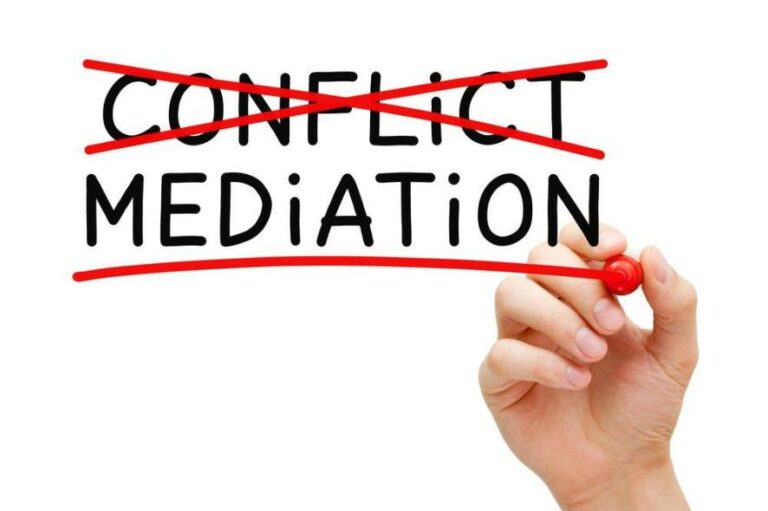Divorce is a challenging and often emotionally charged process. When facing the difficult decision of ending a marriage, couples often consider whether to pursue mediation or litigation to resolve their issues. In this blog, Gross & Miller Attorneys at Law will explore the reasons why parties in a divorce action should seriously consider mediation over litigation as a more amicable and effective means of conflict resolution.
1. Maintaining Control Over the Process
Mediation allows the divorcing parties to maintain control over the divorce process. In litigation, a judge ultimately makes decisions, often based on limited information. Mediation empowers the couple to shape their own outcomes, resulting in more tailored and mutually agreeable solutions.
2. Reduced Cost
One of the most significant benefits of mediation is cost-effectiveness. Litigation can be prohibitively expensive, with legal fees, court costs, and related expenses quickly adding up. Mediation typically costs significantly less, making it a more financially viable option for many couples.
3. Speedy Resolution
Litigation can drag on for months or even years due to court backlogs and scheduling conflicts. Mediation typically leads to a faster resolution. The streamlined process helps couples move forward with their lives more quickly.
4. Preservation of Relationships
Mediation promotes a more amicable and cooperative atmosphere. It can help preserve important relationships, particularly when children are involved. Litigation often fuels hostility and resentment, which can have long-term consequences for co-parenting and future interactions.
5. Privacy and Confidentiality
Mediation is a private process, which means the details of your divorce remain confidential. In contrast, litigation is conducted in open court, making your personal matters a matter of public record. Mediation offers a degree of privacy that many couples value.
6. Customized Resolutions
In mediation, the divorcing couple can work together to develop customized resolutions that meet their specific needs and circumstances. Litigation often relies on one-size-fits-all legal standards and court orders that may not be ideal for all parties.
7. Lower Stress and Emotional Toll
Divorce is already an emotionally charged process. Mediation can reduce the emotional stress associated with divorce by providing a more cooperative and solution-oriented environment. Litigation, on the other hand, can exacerbate emotional turmoil and stress.
8. Better Post-Divorce Communication
Mediation promotes better post-divorce communication and collaboration. Couples who work together to reach agreements are more likely to continue working together effectively after the divorce is finalized, especially when it comes to co-parenting.
9. Increased Satisfaction
Parties who choose mediation often report higher satisfaction with the outcomes of their divorce. This is because they actively participate in shaping their agreements, making them more likely to abide by them willingly.
10. Less Adversarial
Mediation is inherently less adversarial than litigation. In court, parties are represented by attorneys who advocate for their client’s interests, often at the expense of the other party. Mediation encourages cooperation and mutual understanding.
While litigation may be necessary in certain high-conflict divorce cases, couples should seriously consider mediation as a more constructive and harmonious means of resolving their issues. Mediation empowers the parties to work together, reduce costs, and maintain control over their divorce process. This approach is not only financially and emotionally beneficial but can also lay the foundation for healthier post-divorce relationships, which is particularly vital when children are involved. Please contact an experienced family law mediator, Peter P. Gross, Esq. at 770-563-0005 when considering and scheduling mediation for your divorce or family law matter.

